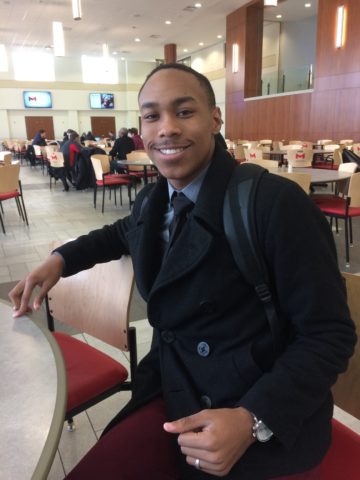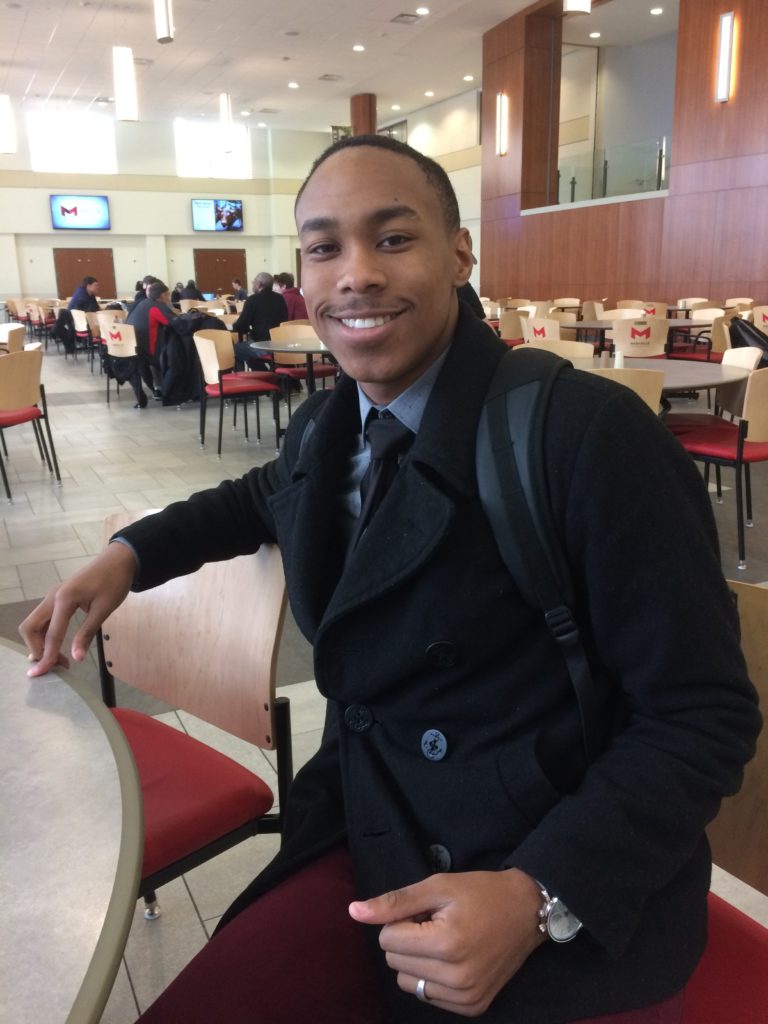
This month celebrates the rich history and culture that African-Americans have developed over the years, from music to film, to literature to politics and everything in between.
Many figures have made an impact on African-Americans and therefore, American-history, and many continue to leave their mark on the world today. With this in mind, seeing who people admire reveals much about the individual person and what they value.
By exploring this topic, we can get a true sense of the ways in which African-American figures of the past or present resonate today.
- Ashley Stroman, program coordinator, Office of Diversity and Inclusion
Favorite African-American cultural figures:
Harriet Tubman (past)
Michelle Obama (present)
Why?
To Stroman, they are “role models” whose example she seeks to follow in her own life. Additionally, they are people who “give my culture hope” to keep having the characteristics they have displayed.
They also represent “to keep being resilient”, as women are underrepresented. Tubman, she noted, was “a change agent”, helped start the Underground Railroad to free slaves, “went against the norm of the slave mentality”, and was ultimately a fearless person.
Her qualities as a leader are all ones Ms. Stroman aspires to have. Obama, meanwhile, is, to Ms. Storman, “poised” and professional when she needs to be, while also being true to herself. As she said about the former First Lady, “I don’t feel like she’s a person who code-switches.” Obama is also a mother, African-American and leader, which Ms. Stroman can relate to and aspire to be like.
2. Kyle Conston, freshman
Favorite African-American cultural figures:
Harriet Tubman (past)
Barack Obama (present)
Dave Chappelle (present)
Martin Luther King, Jr. (past)
Why?
Obama is “my hero”, said Conston, because he broke a barrier regarding having an African-American president and being an African-American presidential candidate. In so doing, he helped others understand, said Constant, that “I, too, can be a part of so many great things within society and the world”.
Tubman, to him, had an “impactful” story as she led slaves from hardships to freedom, earning the nickname “‘Moses’ in her time”. Constant noted that people he knows are figuratively in bondage, and so, as Tubman did, he would like to lead them out of that state.
Conston chose Chappelle because he has been able to produce humor from serious issues and is “a great public speaker.” King, to Conston, “was young, but he led a movement through love that would cause nations to understand that we, as a people, deserve to have rights.”
For him, the success of all these individuals means that “even in the face of oppression and adversity, I still have a chance to rise up and not only be successful, but be impactful.” He added that while it is one thing to be in society and do great things, it is another to break barriers and open doors others can then walk through.
3. Kirby Cooper, junior
Favorite African-American cultural figures:
Jackie Robinson (past)
Barack Obama (present)
Martin Luther King, Jr. (past)
Why?
Cooper, a history major, said that she picked Robinson (her “all-time favorite”) because of his pioneering efforts to desegregate baseball in spite of ridicule and setbacks, which allowed him to “do what he loved”.
King, to her, “is a really cool figure with what he has done and the impact that he has continued to have on society even today”, five decades after his death. Obama’s accomplishments in office, meanwhile, are something Cooper admitted she admires.
For her, her figures and their accomplishments “opened doors for me that I wouldn’t have been able to have” by fighting for their beliefs and values. She added, “Without them, who knows where we’d be?”
There are many icons of African-American culture, and while some are frequently mentioned by many, others reveal something about the character of the person who picked them. The legacy of African-Americans culturally is vast and complex, and will hopefully keep growing so that the next generation has its own models to look forward to.
Not all African-American leaders now revered were always so, as evidenced by this Gallup article explaining the evolution of public opinion about Martin Luther King, Jr.







